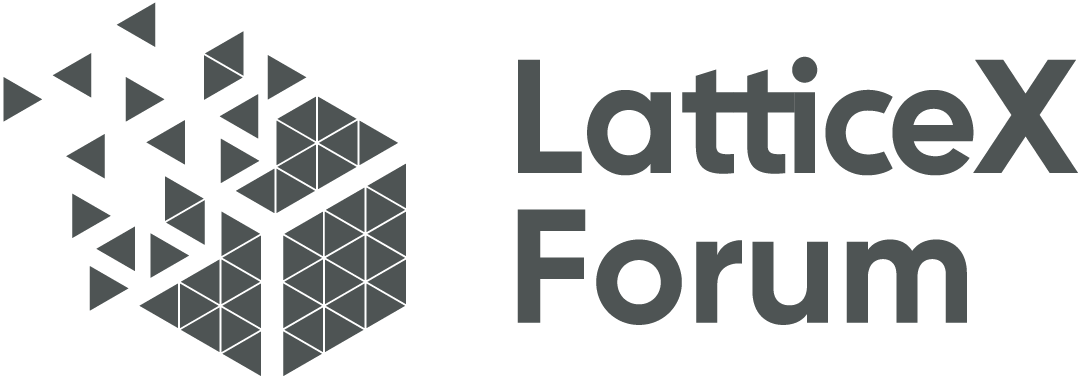QianQian Community DAO Draft
In the starry sea of the data age, the community has always been the determined and fearless explorer.
When a user becomes a member or delegate of the QianQian community, he or she is automatically certified by the QianQian system application and joins the QianQian distributed autonomous organization.
General Provisions
First, QianQian community DAO is flat, pervasive and easy to interact with.
Second, the QianQian community DAO has two different governance models, centralized and decentralized, to suit different application scenarios. The central consensus committee is voted on by the decentralized DAO community, with a total of 14 seats. No matter how the seats change in the future, the QianQian community founding team always occupies \frac{1}{7}, and the remaining seats are elected and rotated every 168 settlement cycles.
- The value of a central consensus committee presence: When a major emergency of an urgent nature occurs in the community, the committee is able to respond quickly and take decisive governance measures to address the current challenges and opportunities facing the community.
Third, after the end of the community node head mining period, every 168 settlement cycles downward node entrusted revenue distribution ratio of 5%, until this revenue distribution ratio of 90%. All proceeds of the node thereafter are used as a source of funding for the development and construction of the QianQian community. Including the following.
-
Node server renewal, capacity expansion, migration and other related operations;
-
Community application development incentives, compensation and support, etc;
-
Expenses for community-sponsored activities, parallel community co-sponsorship, etc;
-
In case of unfinished business, the community will initiate a vote on the proposal, and the vote will take effect if the \frac{2}{3} community members agree.
Fourth, there are six types of community ballots, corresponding to different voting weights. The highest weight factor for a single member in the decentralized DAO model is 2.
-
Community member ballots: voting weight factor 1;
-
Community PlatON main network node proxy ballot: voting weight factor 0.25;
-
Community Alaya main network node proxy ballot: voting weight factor 0.25;
-
Community application developer ballot: voting weight factor 0.3;
-
Community early supporter ballots: voting weight factor 0.1;
-
Community Founding Team Ballot: Voting weight factor 0.1.
\color{#3285ff}{Definition of Early Community Supporters: Forum users who support the QianQian Community Co-Building Program and the QianQian Community Founding Team.}
Fifth, Proposals that can be initiated when the community member voting weight factor reaches 1.25 are:
-
Eco-project proposal: PlatON/Alaya application eco-project hosted by the sponsor with full responsibility;
-
Community upgrade proposals: including but not limited to community DAO version upgrades, community application upgrades, etc;
-
Proposals for governance parameters: including, but not limited to, modifying the percentage of community node delegation rewards distribution, the number of community center consensus committee resolution seats, and the number of waiting periods for community delegates to vote to obtain coefficients;
-
Other proposals: Any decision that does not need to be implemented can be initiated with other proposals.
Sixth, in order to ensure that the community DAO voting resolution is democratic and represents the true will of community members, rather than arbitrary, speculative, and for the public’s own benefit, each DAO proposal initiator should have its own voting weight no less than 1.25; in each round of proposal voting process, members holding PlatON/Alaya node proxy votes should have become a community node proxy in the 56 settlement otherwise the proxy weight shall not be valid.
Seventh, the voting weight coefficient of the principal of the community node is automatically assigned and adjusted after the 56th settlement cycle of the delegated node, and the voting weight of the user is immediately adjusted simultaneously when the delegate releases the delegation to the community node.
Eighth, the DAO rights and interests of community members will be issued in the form of NFT. When a PlatON user becomes a DAO member of the QianQian community, a unique membership authentication NFT will be automatically issued on the chain, and the system will automatically calculate the NFT weight of the user when the user delegates/undelegates, becomes a developer/abandons the developer, in order to facilitate the real-time justice of DAO proposal voting.
Ninth, community members can initiate project proposals to contribute their own / team’s development power to PlatON ecology, the proposal resolution through the DAO decentralized mode of voting, the participating community members should exceed 50% of the total number of community members, and when the number of approval exceeds \frac{2}{3} of the number of participants, the proposal passed.
Tenth, community-initiated proposals are valid for 112 settlement cycles, with each settlement cycle generating 10,750 blocks, so the validity period is based on the difference in block height.
Eleventh, after the project proposal initiated by the community members is passed, in accordance with the community eco-incentive system, the center consensus committee will sign a community eco-development agreement with the project party and quantify the number of settlement cycles required for development in accordance with the time span of 10750 blocks per settlement cycle, clarify the development milestones, and firmly fulfill the community eco-development agreement.
